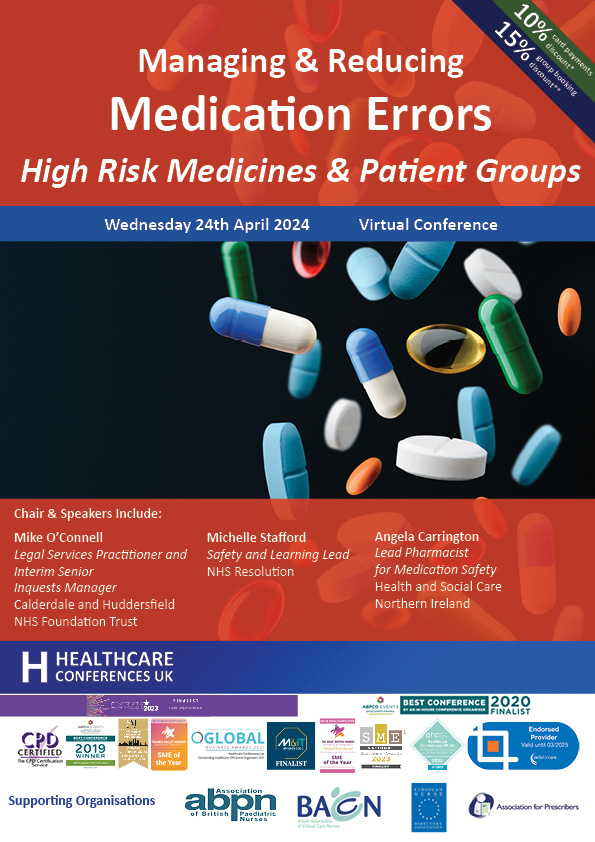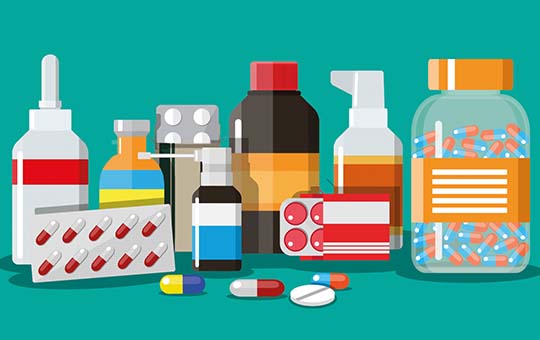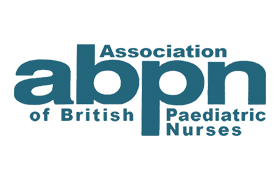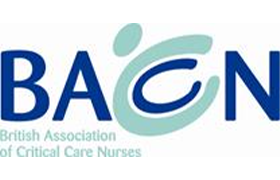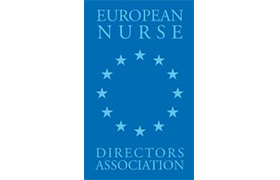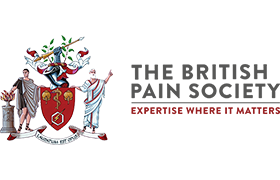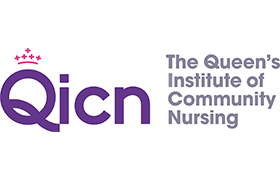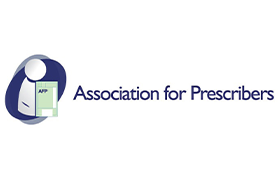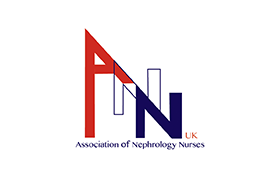Follow the conference on X #MedicationErrors
“Patient harm due to unsafe care is a leading cause of death and disability worldwide and most of this harm is avoidable. Harm due to medicines and therapeutic options accounts for nearly 50% of preventable harm in medical care.”
Medication Without Harm, WHO, March 2024
“High-risk situations are more often associated with significant harm due to unsafe medication practices or medication errors. This report outlines three main factors contributing to high-risk situations: i) medications, particularly high-risk (high-alert) medications, ii) provider/ patient factors, and iii) systems factors (work environment). One or more of these factors, acting alone or in combination may trigger unsafe medication practices or medication errors.”
World Health Organisation
This conference focuses on prioritising high risk medications and high risk patient groups to enable your interventions to have the highest impact on patient care and reduction in patient harm. The conference which aims to bring together clinicians and pharmacists, managers, and medication safety officers and leads will reflect on medication safety challenges, understand current national developments, and to debate and discuss key issues and areas they are facing in improving and monitoring medication safety, and reducing medication errors and harm in hospitals. The conference will also update delegates on the new Patient Safety Incident Response Framework (PSIRF) and implications for medication safety incident investigation
“Last year 34,000 medication errors were made, with 21 incidents leading to patient death, and a further 27 leading to serious harm … 5,500 patients were damaged in some way by a mistake with their prescription – for example by being given the wrong medication, wrong dosage, or not being supplied with the medication when it was needed.”
Digital Health, April 2024
The benefits of attending are that this conference will enable you to:
Network with colleagues who are working to reduce medication errors
Understand how to reduce medication error
Reflect on co-production solutions and working with patients with experience of medication errors
Understand high risk drugs, high risk parts of the medicines use process and patients with the highest vulnerabilities
Update your knowledge on the new Patient Safety Incident Response Framework (PSIRF) and implications for medication error investigation
Reflect on how you prioritise interventions in areas that will have the most impact
Identifying and reducing high-risk prescribing errors in hospital
Raising awareness of high alert medications, situation and patient group populations and developing risk reduction strategies
Identify ways we can change the culture surrounding medication errors across the system
Explore how can an understanding of human factors help to reduce medication error and improve medication safety
Reflect on medication errors and eprescribing including the role of clinical decision support and new potential errors that can emerge
Effectively manage a medication incident investigation, including involving patients and the legal aspects, to ensure change occurs
Reflect on case studies with the aim of reducing medication error in high risk areas
Self assess and reflect on your own practice
Supports CPD professional development and acts as revalidation evidence. This course provides 5 Hrs training for CPD subject to peer group approval for revalidation purposes


